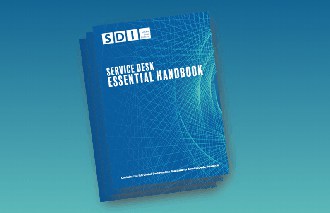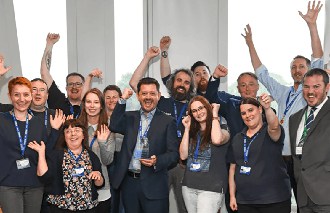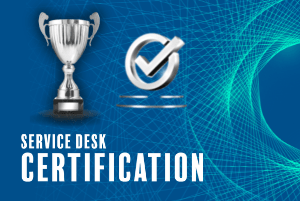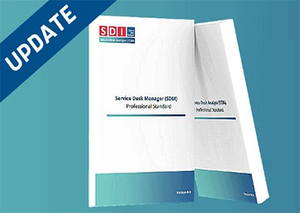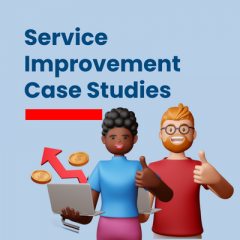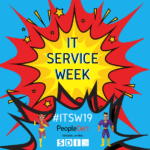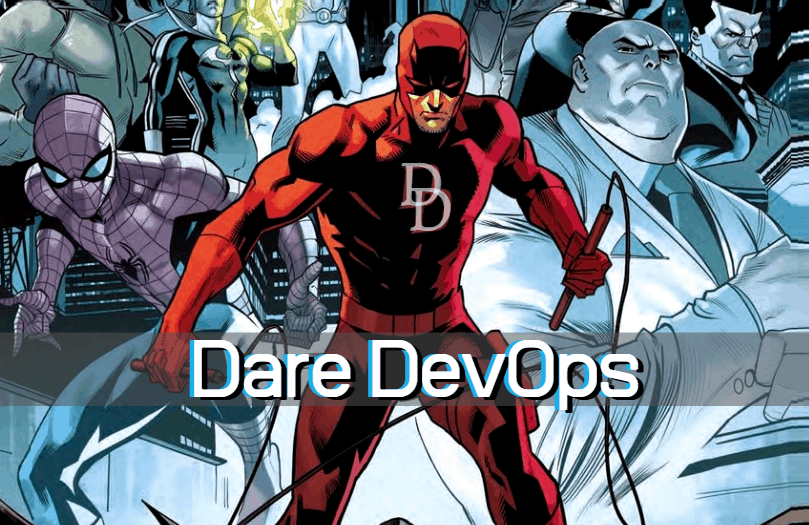
By Scarlett Bayes, Senior Research Analyst, SDI
What do Marvel Superheroes, like DareDevil and Captain America have in common? ….Dare-DevOps! Consider the Avengers: The first things that spring to mind are teamwork, unique skillsets, and supportive culture. Well, that and Thor’s impeccably chiseled godly body. However, by Captain America: Civil War, the team are clashing as their ways of working change, and their vision and mission become unclear!
Due to the problems they face externally to the team, they must come together to defeat their enemies, and that includes recruiting new members, overcoming their obstacles, and relearning how to work together. This story may be relatable for your service desk: but there are different ways of working which can help your team become stronger and work more effectively to overpower your IT villains.
We had the brilliant opportunity to have two wonderful representatives from the DevOps Institutes on the SDI Podcast, and we spoke about the digital skills gap the industry is facing, perception of the service desk and how we can work towards improving it, and how DevOps ways of working can impact the service desk. We were also able to interview some experts for a blog regarding how DevOps can benefit service desks and discuss some of the core components and philosophies of DevOps.
At the core of DevOps philosophy is its culture and mentality of continuous delivery, collaboration and communication, and leveraging automation can benefit the service desk in terms of shortening time to resolution and fulfilment. DevOps is more than a new way of working; it would bring a complete change in culture to the traditional landscape of the IT support function.
ITSM is traditionally rather process-heavy, and best practice states that everything in terms of Incident and Problem Management need to follow a documented process and be recorded. Continuous delivery is defined by the ability to deliver configuration changes, bug fixes, new features, and more live and into the hands of users quickly, in a reliable and replicable way. This is supported by collaboration between developers and IT professionals, and leverages the use of automation within tools.
The effects this could have on change management has been well documented, but what can a DevOps mentality do for the service desk past one service management process? Assuming that resolutions and fulfilments are the deliverables, can a DevOps mindset transform the service desk and allow it to provide faster resolution delivery cycles? The benefits of this could be lower levels of Work In Progress (WIP), improved productivity, performance, and perception of the service desk, and better customer experience and business relations.
How “popular” is DevOps within ITSM?
Although DevOps may seem omnipresent to many IT professionals, it is important to gauge how commonly known the term is throughout service desks from a diverse range of industries, sizes, and countries. Research SDI research shows that 84% of respondents identified that they are aware of DevOps, with 38% identifying that they currently follow a DevOps way of working.
And so…while growing up in the neighborhood of Hell’s Kitchen in New York City, Matt Murdock (Dare Devil) is blinded by a radioactive substance that falls from an out-of-control truck (after he pushes a man out of the path of this oncoming vehicle.) Instead of letting this major incident permanently impact him, he focus’s on improving his remaining senses beyond normal human limits, a DevOps lesson if ever there was one! Sometimes things don’t go as you might expect, and things may happen which you haven’t planned for, things out of your control, but you can still focus on continuous improvement and impact the deliverables in your control to ensure you’re delivering the best service you can! POW!

